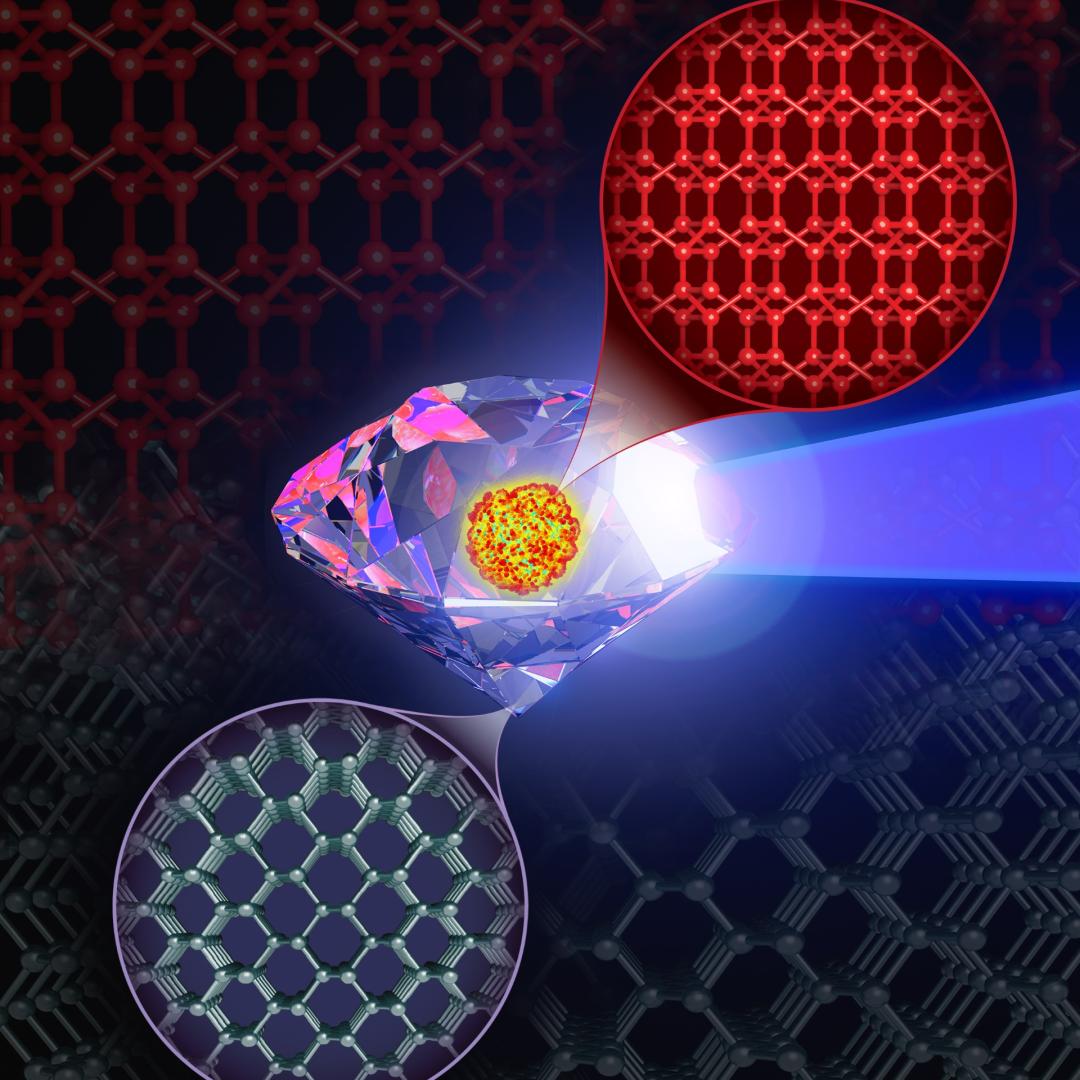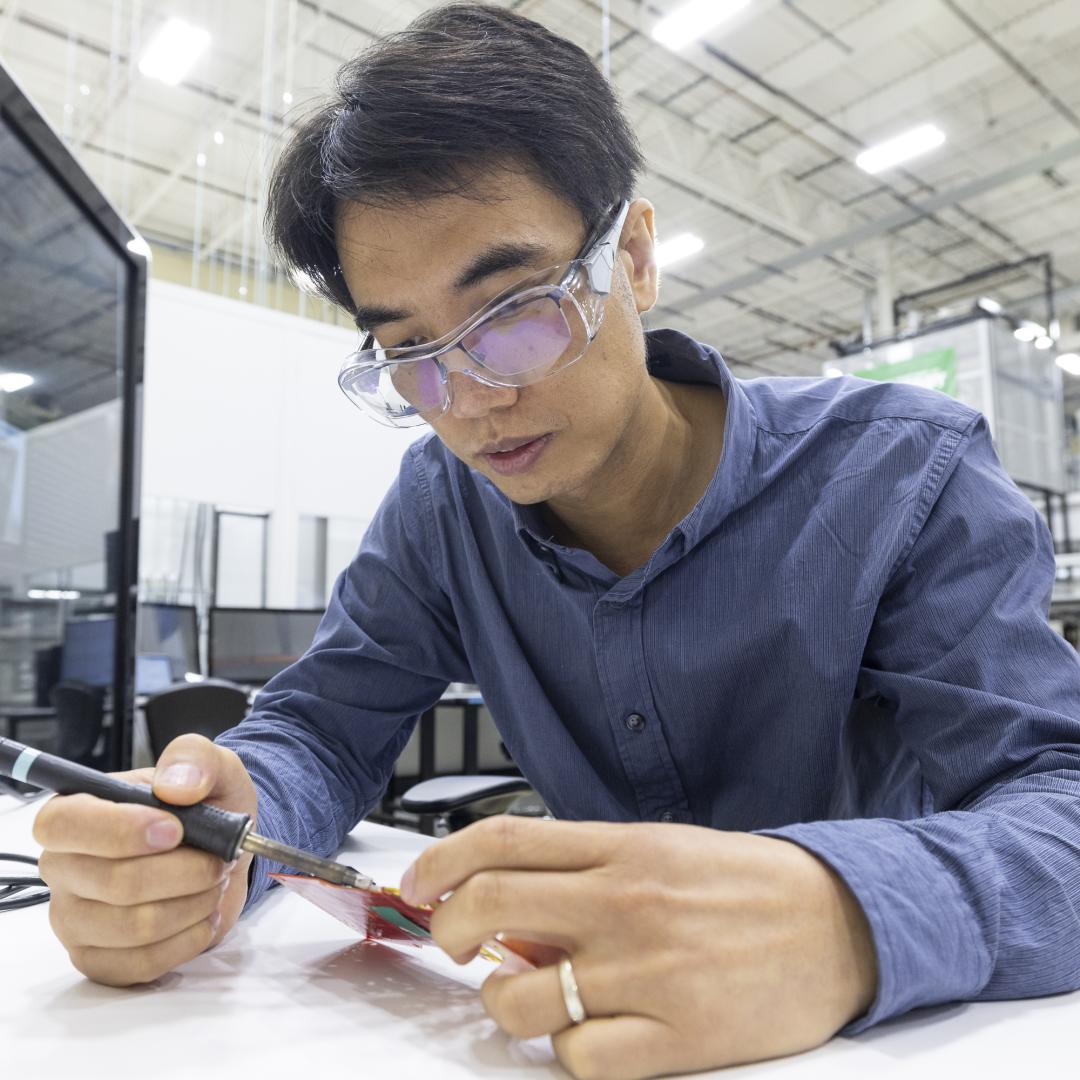
Filter News
Area of Research
- Advanced Manufacturing (3)
- Biology and Environment (13)
- Clean Energy (44)
- Computational Engineering (1)
- Computer Science (3)
- Fusion and Fission (6)
- Fusion Energy (1)
- Isotopes (1)
- Materials (28)
- Materials for Computing (4)
- National Security (11)
- Neutron Science (9)
- Nuclear Science and Technology (3)
- Quantum information Science (1)
- Sensors and Controls (1)
- Supercomputing (35)
News Type
News Topics
- (-) Advanced Reactors (10)
- (-) Artificial Intelligence (30)
- (-) Decarbonization (18)
- (-) Grid (15)
- (-) High-Performance Computing (28)
- (-) ITER (2)
- (-) Machine Learning (13)
- (-) Quantum Science (26)
- (-) Security (11)
- (-) Sustainable Energy (30)
- 3-D Printing/Advanced Manufacturing (43)
- Big Data (7)
- Bioenergy (23)
- Biology (21)
- Biomedical (17)
- Biotechnology (7)
- Buildings (12)
- Chemical Sciences (28)
- Clean Water (2)
- Climate Change (22)
- Composites (9)
- Computer Science (57)
- Coronavirus (17)
- Critical Materials (11)
- Cybersecurity (17)
- Education (3)
- Element Discovery (1)
- Energy Storage (41)
- Environment (35)
- Exascale Computing (9)
- Fossil Energy (1)
- Frontier (15)
- Fusion (14)
- Isotopes (18)
- Materials (57)
- Materials Science (49)
- Mercury (2)
- Microelectronics (1)
- Microscopy (16)
- Molten Salt (2)
- Nanotechnology (26)
- National Security (18)
- Net Zero (3)
- Neutron Science (49)
- Nuclear Energy (26)
- Partnerships (27)
- Physics (24)
- Polymers (12)
- Quantum Computing (9)
- Renewable Energy (1)
- Simulation (8)
- Space Exploration (3)
- Statistics (1)
- Summit (21)
- Transformational Challenge Reactor (4)
- Transportation (25)
Media Contacts
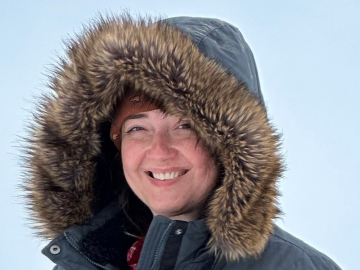
Colleen Iversen, ecosystem ecologist, group leader and distinguished staff scientist, has been named director of the Next-Generation Ecosystem Experiments Arctic, or NGEE Arctic, a multi-institutional project studying permafrost thaw and other climate-related processes in Alaska.
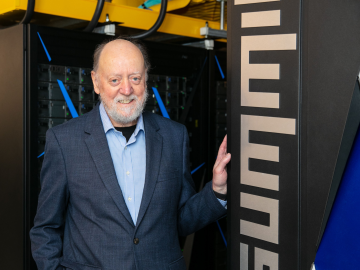
Computing pioneer Jack Dongarra has been elected to the National Academy of Sciences in recognition of his distinguished and continuing achievements in original research.
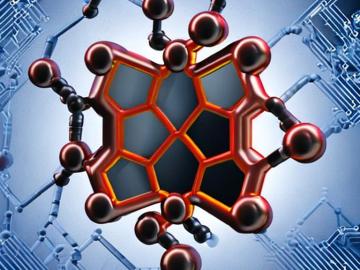
Researchers at ORNL have developed a machine-learning inspired software package that provides end-to-end image analysis of electron and scanning probe microscopy images.
Xiao Wang, a research scientist at ORNL, has been named a senior member of the Institute of Electrical and Electronics Engineers, the world’s largest organization for technical professionals. Wang works in the lab’s Computing and Computational Sciences Directorate’s Advanced Computing for Health Sciences Section.
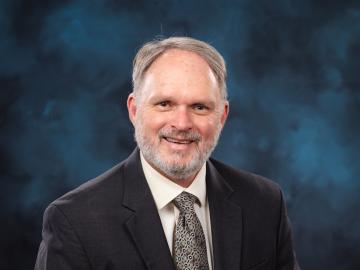
Mickey Wade has been named associate laboratory director for the Fusion and Fission Energy and Science Directorate at the Department of Energy’s Oak Ridge National Laboratory, effective April 1.
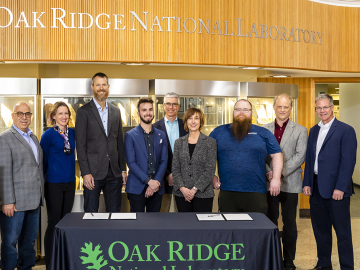
A technology developed at ORNL and used by the U.S. Naval Information Warfare Systems Command, or NAVWAR, to test the capabilities of commercial security tools has been licensed to cybersecurity firm Penguin Mustache to create its Evasive.ai platform. The company was founded by the technology’s creator, former ORNL scientist Jared M. Smith, and his business partner, entrepreneur Brandon Bruce.

U2opia Technology, a consortium of technology and administrative executives with extensive experience in both industry and defense, has exclusively licensed two technologies from ORNL that offer a new method for advanced cybersecurity monitoring in real time.

A partnership of ORNL, the Tennessee Department of Economic and Community Development, the Community Reuse Organization of East Tennessee and TVA that aims to attract nuclear energy-related firms to Oak Ridge has been recognized with a state and local economic development award from the Federal Laboratory Consortium.
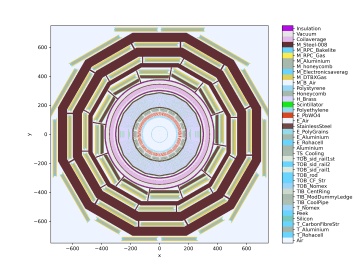
Scientists at the Department of Energy’s Oak Ridge National Laboratory are leading a new project to ensure that the fastest supercomputers can keep up with big data from high energy physics research.
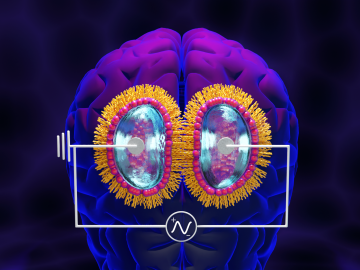
While studying how bio-inspired materials might inform the design of next-generation computers, scientists at ORNL achieved a first-of-its-kind result that could have big implications for both edge computing and human health.


